
There are lots of people who simply do not realize how important caring for their dog's teeth actually is. Like humans, as dogs age, the need for dental care increases. Therefore the best way to ensure proper dental health for your dog is to start while they are still very young.
You may have discovered that many dogs do not like their mouths being touched. It is important therefore for you, as a dog owner, to desensitize them to being handled like this at a very young age. The veterinarian is always going to need to examine your dog's mouth and you do not want to have problems with this.
The best way for you to get your dog used to having his mouth touched is to begin touching it when you first get them as a puppy. Make sure to touch the lips, open the mouth, and touch the teeth in a calm and relaxing way for about five minutes each day until your puppy gets used to being handled in this sort of way. Make this a regular part of your interaction with your dog so he remains calm when you are undertaking any form of preventive dental care.
Most veterinarians will recommend brushing your dog's teeth on a daily basis. Many manufacturers make special toothpaste and brushes for dogs. You do not ever want to use human toothpaste on dogs as it may be harmful to them. To get your dog used to having his teeth brushed, you may want to start by putting a dab of dog toothpaste on a cotton ball and rubbing it over his teeth. Toothpaste for dogs is usually quite tasty to them, so he should not mind this. You can then try a finger brush, available at your veterinarian's office or pet supply store. Eventually, especially for larger breeds, you will want to graduate to a regular dog toothbrush. Regular brushing will help prevent the buildup of calculus and debris on your dog's teeth.
Another way to help prevent calculus and buildup on your dog's teeth is by using rawhide chews specially formulated for dental care. Some companies also make special dental health food, which may be recommended to you by your veterinarian to help prevent dental problems.
Even with proper preventive measures, most dogs will eventually need a dental cleaning from your veterinarian. If your veterinarian recommends a dental cleaning, it is important that you follow through. If your dog develops dental disease, harmful bacteria can pass through into the bloodstream causing potentially serious problems such as kidney infections and infections involving the heart valves.
A dental cleaning performed by your veterinarian is much like a human dental cleaning, however your dog will need to be sedated. The anesthesia is light and with today's technology is extremely safe. Many veterinarians have anesthesia monitoring systems just like those used in human medicine. A thorough exam will be performed to determine if any teeth need to be pulled or repaired. Some veterinarians will do x-rays of the teeth to find any cracks or diseased teeth.
After this, a trained member of the veterinary staff will perform a dental cleaning. First, they will scale the teeth to remove the tartar above and below the gum line. This will be done with both hand instruments and ultrasonic scaling equipment. After this, the teeth will be polished, which will make them smooth and help prevent plaque from adhering to them. Most veterinarians will also do a fluoride treatment. This is to help strengthen the enamel and prevent plaque from forming. If any teeth are diseased or broken, your veterinarian may pull them. Some veterinarians who specialize in dental care will perform root canals and other intensive dental work. Most veterinarians will put your dog on a treatment of antibiotics to help prevent bacterial infection.
It is very important to take good care of your dog's teeth to keep them healthy and to prevent infections. Always follow your veterinarian's advice and if you have further questions, consult your veterinary staff or pet professional.
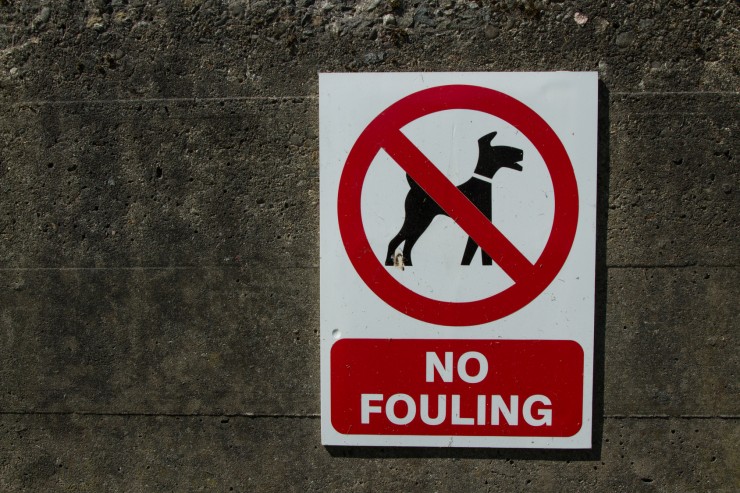 Six Important Reasons For Cleaning Up After Your Dog
Six Important Rea
Six Important Reasons For Cleaning Up After Your Dog
Six Important Rea
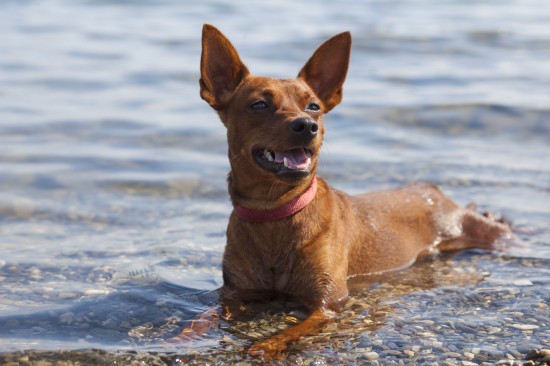 Sea Water Is Poisonous To Dogs
Sea Water Is Pois
Sea Water Is Poisonous To Dogs
Sea Water Is Pois
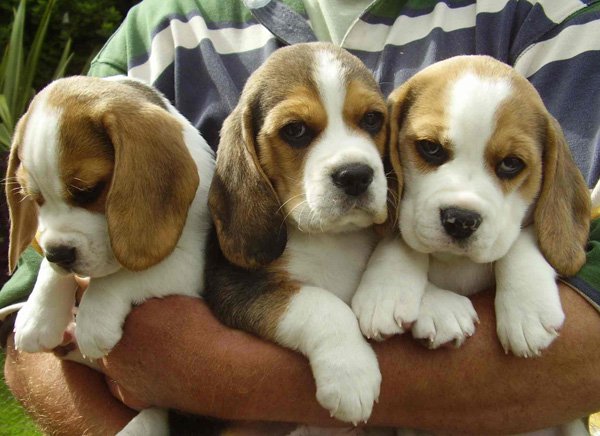 Using Pet Products to Feed Your Pet
Using Pet Products to Feed Your Pet
There are
Using Pet Products to Feed Your Pet
Using Pet Products to Feed Your Pet
There are
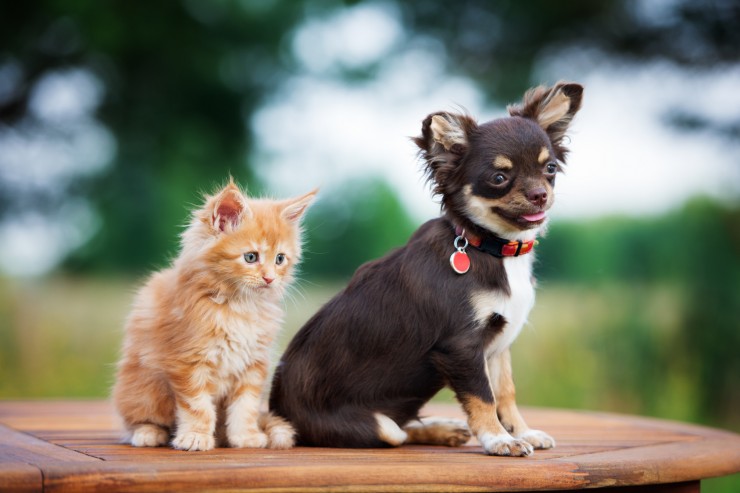 New Year, New Pet?
New Year, New Pet
New Year, New Pet?
New Year, New Pet
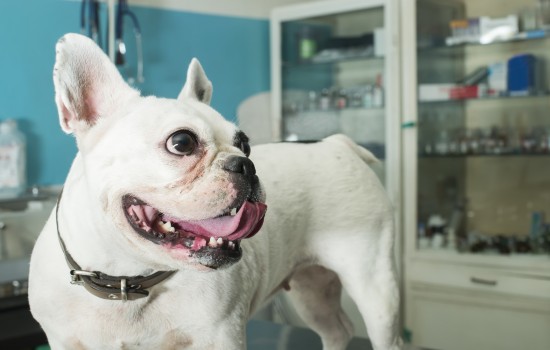 Five Minor Dog Care Mistakes That Can Lead To Major Consequences
Five Minor Dog Ca
Five Minor Dog Care Mistakes That Can Lead To Major Consequences
Five Minor Dog Ca
Copyright © 2005-2016 Pet Information All Rights Reserved
Contact us: www162date@outlook.com